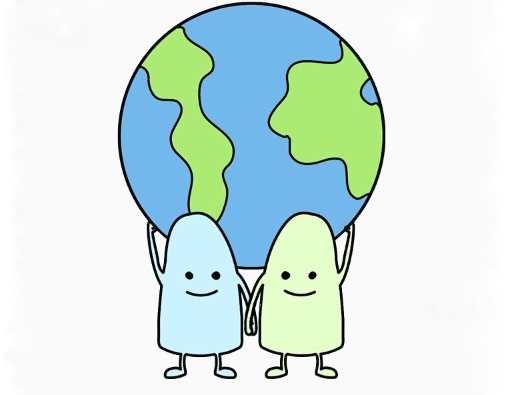Mental Illness Awareness Week

The World Health Organization has designated October 10th as World Mental Health Day to raise awareness of and increase support in response to mental health issues. It occurs during Mental Illness Awareness Week, which takes place this year from October 6th through 12th. If there is someone with depression or another mental disorder in your life, it is important to do your best to understand, listen and acknowledge that the condition is not a choice. Offer emotional support, patience and encouragement, and let the individual know that you love him or her no matter what.
A person’s life experiences and environment can affect his or her likelihood of developing a mental health condition. Without treatment, individuals with minor depression are at risk for developing major depressive disorder. If you are concerned about a friend or loved one, say something like: “We need to get you help.”; “You are not the first person to feel like this.”; “I am concerned, tell me more about what is going on.”; “I love you and I want to help.”; or “Whatever it is, we will work it out together. I care about you and how you are feeling.” Then listen carefully without judgment. Let him or her know that hope exists and consider driving him or her to medical appointments as a way to provide encouragement.
Informal support is important. Help the individual to form a network of people to rely on, which can include relatives, teachers, pastors and coaches. For children and adolescents, ensure that they have at least three significant adults in their lives besides their parents; that they participate in three or more hours of organized activity each week; and that they engage in some form of volunteering, all of which are protective factors against mental health issues.
Tell the person to be kind to himself or herself. (If he or she is trying hard and doing his or her best that is what matters.) Encourage him or her to laugh and/or cry, both of which can release pent up emotions. Determine what helps the individual to relax and try to have him or her spend at least 30 minutes each day doing it. This could include developing his or her green thumb. (Having youth select new vegetables or varieties of flowers to plant and cultivate not only provides fresh air and a better understanding of where food comes from, but also reduces their carbon footprints and promotes the value of work and healthy eating.)
Host your children’s friends, especially those with positive goals and extracurricular activities. Create an ideal place for teenagers to gather at your home with a fire pit, a game room, hammocks in the shade or an indoor or outdoor theater, etc. This not only will provide a safe place for them to socialize, but also plenty of opportunities for you to get to know your child’s peers.
Remember that technology, including Smartphones and social media, is a privilege and not a right. Apps, such as WebSafety allow parents to monitor the time a child spends on his or her mobile device, texts and social media usage, apps that are added and deleted, and his or her location and web browsing. In reality, driving or riding in a car is the most dangerous thing that teenagers do and numerous apps are available to prevent texting (or sending E-Mails) while they are in a vehicle.
Depression and other mental health conditions require both understanding and medical care. There is hope. It is important to change the way you think about mental health, however. Rather than addressing it after a crisis, try to treat and manage it beforehand, just like any other chronic illness. #WorldMentalHealthDay #RealConvo
Sentimojis™, which are available on Android and iOS, were created by the National Alliance on Mental Illness to support the 20 percent of American adults who are affected by mental health conditions. Texting Sentimojis can help #CureStigma!